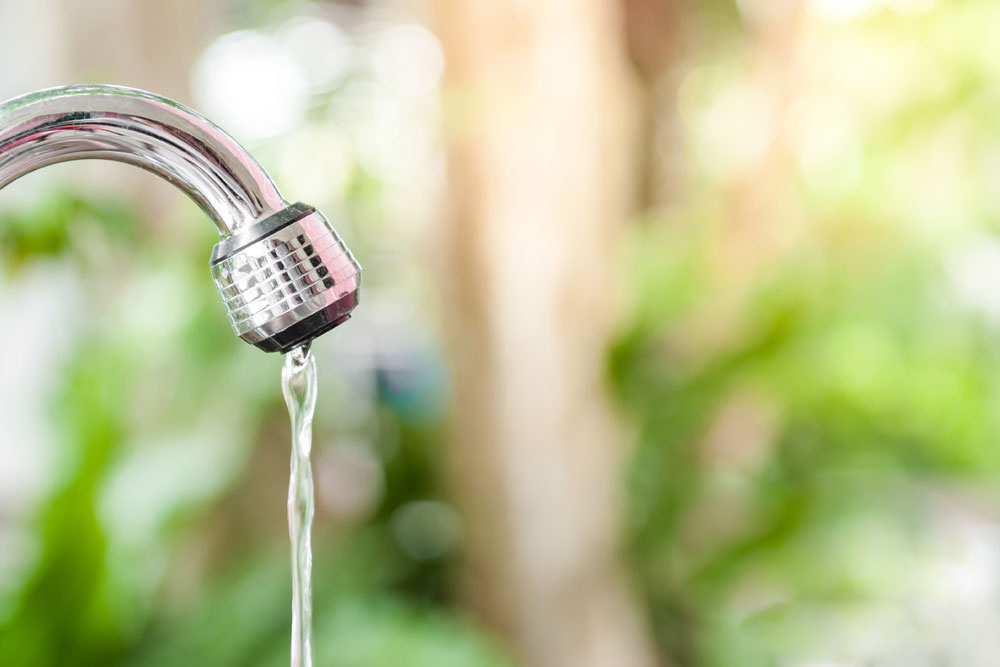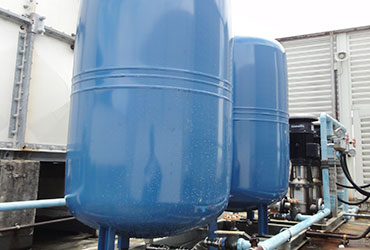Effective Remedies for Tackling Low Water Pressure in Your Home
Effective Remedies for Tackling Low Water Pressure in Your Home
Blog Article
Are you currently searching for know-how concerning Dealing with Low Water Pressure in Your Home?

Low tide stress in your house can be a discouraging trouble, affecting every little thing from bathing to cleaning dishes. If you're experiencing weak water circulation, there are a number of feasible causes and options to explore. In this overview, we'll talk about usual reasons for low water pressure and functional actions to address the issue efficiently.
Introduction to Low Tide Stress
Low water pressure happens when the flow of water from your faucets, showers, and various other components is weaker than common. This can make daily jobs extra tough and less efficient. Understanding the causes of low water stress is essential to finding the ideal solution.
Typical Root Causes Of Low Tide Stress
Pipeline Obstructions
In time, pipes can come to be obstructed with mineral deposits, debris, or debris, restricting the circulation of water. This is a common problem in older homes with galvanized steel pipes.
Corrosion
Rust within pipelines can result in leakages and decreased water stress. Corrosion build-up can restrict water flow, particularly in maturing plumbing systems.
Faulty Pressure Regulators
Pressure regulatory authorities are accountable for preserving constant water pressure in your home. If they malfunction, it can lead to low tide stress or uneven circulation throughout your house.
Local Water Issues
In some cases, the problem lies outside your home. Metropolitan water problems, such as main line leaks or upkeep work, can briefly lower water stress in your area.
Just How to Diagnose Low Water Pressure
Checking Taps and Fixtures
Start by checking the water stress at different faucets and fixtures throughout your home. If the issue is isolated to details areas, it may suggest localized issues.
Examining Pipelines
Evaluate noticeable pipes for indications of leaks, deterioration, or obstructions. Take note of any type of unusual noises, such as banging or rattling pipelines, which can suggest problems within the plumbing system.
Consulting with a Plumber
If you're incapable to pinpoint the reason for low tide stress, think about employing an expert plumber to conduct a detailed examination. They can identify underlying concerns and advise proper options.
DIY Solutions to Fix Low Water Stress
Cleaning Aerators and Showerheads
Natural resources can collect in aerators and showerheads, decreasing water flow. Remove and clean up these parts on a regular basis to boost water stress.
Flushing Hot Water Heater
Debris buildup in the water heater can restrict circulation and reduce efficiency. Flushing the container regularly assists eliminate debris and maintain ideal efficiency.
Inspecting Pressure Regulator
Guarantee that the pressure regulatory authority is operating appropriately. Readjusting or changing the regulator can help restore correct water stress throughout your home.
Cleaning Clogs in Pipeline
For minor obstructions, attempt utilizing a plumbing snake or chemical drainpipe cleaner to clear blockages in pipes. Beware when utilizing chemicals and adhere to safety guidelines.
When to Call a Specialist Plumber
If DIY efforts stop working to resolve the problem or if you presume substantial plumbing problems, it's best to seek support from a qualified plumber. They have the competence and devices to attend to complicated problems safely and successfully.
Safety Nets to Preserve Water Pressure
Regular Maintenance
Set up regular upkeep for your plumbing system to avoid issues such as corrosion, leakages, and blockages. Dealing with minor troubles early can assist avoid even more considerable repairs later.
Setting Up a Pressure Booster
Take into consideration setting up a stress booster pump to improve water stress in areas with continually low circulation. This can be especially helpful for multi-story homes or residential or commercial properties with high-demand fixtures.
Tracking Water Usage
Be mindful of water usage habits and stay clear of overtaxing the plumbing system. Straightforward changes, such as incredible showers and laundry loads, can assist maintain sufficient water stress.
Verdict
Taking care of low water pressure can be aggravating, however recognizing the underlying reasons and applying ideal services can restore ideal flow throughout your home. Whether it's cleaning aerators, evaluating pipelines, or consulting with a plumber, taking positive actions can make certain a stable supply of water for your day-to-day needs.
FOUR WAYS TO FIX LOW WATER PRESSURE NOW
Turning on a shower or faucet only to find the water comes out in a sad, slow drizzle is never a good feeling. How exactly are you supposed to wash a pan or take a quick shower when it takes 10 minutes just to rinse off a little soap? The good news is that when your water pressure is bad, there's always a cause: typically one that can be easily fixed. Here are some of the most common causes of low pressure and what you can do to fix the issue:
DEBRIS AND MINERAL DEPOSIT BUILDUPS
If you notice low water pressure from just one or two of the fixtures in your house, the problem likely has to do with debris buildup. Water is full of minerals and other debris, all of which can accumulate in your pipes and on your fixtures. This can cause a blockage that affects how much water flows through. To fix this, try filling a small plastic bag with white vinegar, and use a rubber band to hang it around your showerhead or faucet. Let the head of the fixture soak for a few hours, and the vinegar should loosen the deposits.
WATER LEAKS
Leaks are another common cause of low water pressure. If water is flowing out of your plumbing through a hole or crack before it can reach your fixture, the pressure coming out of the faucet or showerhead will be lower. A plumbing professional is your best bet for finding and repairing a leak in your water supply pipes.
Leaks are another common cause of low water pressure. If water is flowing out of your plumbing through a hole or crack before it can reach your fixture, the pressure coming out of the faucet or showerhead will be lower. A plumbing professional is your best bet for finding and repairing a leak in your water supply pipes.
FOUR WAYS TO FIX LOW WATER PRESSURE NOW
Turning on a shower or faucet only to find the water comes out in a sad, slow drizzle is never a good feeling. How exactly are you supposed to wash a pan or take a quick shower when it takes 10 minutes just to rinse off a little soap? The good news is that when your water pressure is bad, there's always a cause: typically one that can be easily fixed. Here are some of the most common causes of low pressure and what you can do to fix the issue:
DEBRIS AND MINERAL DEPOSIT BUILDUPS
If you notice low water pressure from just one or two of the fixtures in your house, the problem likely has to do with debris buildup. Water is full of minerals and other debris, all of which can accumulate in your pipes and on your fixtures. This can cause a blockage that affects how much water flows through. To fix this, try filling a small plastic bag with white vinegar, and use a rubber band to hang it around your showerhead or faucet. Let the head of the fixture soak for a few hours, and the vinegar should loosen the deposits.
WATER LEAKS
Leaks are another common cause of low water pressure. If water is flowing out of your plumbing through a hole or crack before it can reach your fixture, the pressure coming out of the faucet or showerhead will be lower. A plumbing professional is your best bet for finding and repairing a leak in your water supply pipes.
Leaks are another common cause of low water pressure. If water is flowing out of your plumbing through a hole or crack before it can reach your fixture, the pressure coming out of the faucet or showerhead will be lower. A plumbing professional is your best bet for finding and repairing a leak in your water supply pipes.
A VALVE ISSUE
If you have low water pressure throughout your home, check your main shut-off valve to make sure it's completely open. You may also want to see if there's a pressure-reducing valve installed. If there is, have a plumber help you adjust the settings to get the pressure you're looking for.
OTHERS USING WATER
Believe it or not, your low water pressure could be caused by your neighbors. If you notice low pressure at certain times of day, it may be because you and the people living next to you have similar schedules - when everyone is showering at the same time, the pressure will be lower in every home. Low pressure throughout the neighborhood may also be caused by an issue with your municipal water supply. If that's the case, call the supplier to see if they're working on the issue.
https://www.rotorooter.com/blog/water-leaking/low-water-pressure-fixes/

As a serious person who reads on , I was thinking sharing that excerpt was a good thing. Liked our piece? Please share it. Help someone else discover it. We love your readership.
Get A Quote Report this page